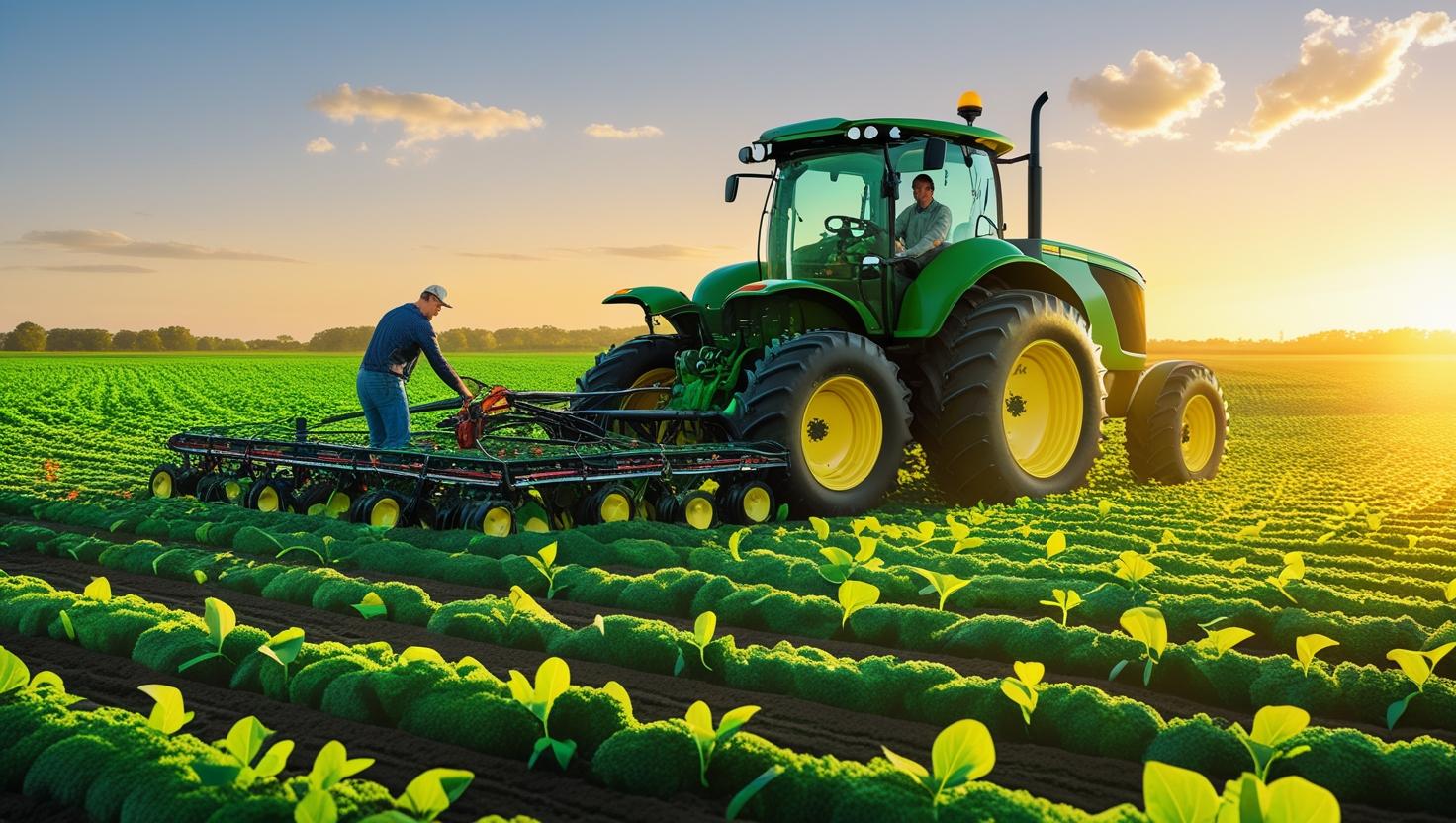Precision farming is revolutionizing agriculture by introducing advanced technologies that enable farmers to optimize crop production with greater accuracy and sustainability. This approach leverages data-driven insights, satellite imagery, GPS, sensors, and automation to monitor and manage fields at a micro-level. By precisely targeting inputs such as water, fertilizers, and pesticides, precision farming minimizes waste, reduces environmental impact, and increases yields—making it a cornerstone for the future of agriculture.
Download PDF Brochure @ https://www.marketsandmarkets.com/pdfdownloadNew.asp?id=1243

The core principle of precision farming lies in its ability to collect and analyze vast amounts of data related to soil conditions, weather patterns, crop health, and pest activity. This information allows farmers to make informed decisions on when, where, and how much to apply resources, leading to smarter farming practices. The result is improved crop quality, higher productivity, and efficient use of inputs, which is vital for meeting the growing global food demand while conserving natural resources.
Precision farming also plays a critical role in sustainability. By reducing the overuse of fertilizers and pesticides, it helps protect ecosystems and water quality. Water management technologies integrated within precision systems enable targeted irrigation, preventing both water stress and excessive water use. This sustainable approach not only preserves the environment but also helps farmers comply with increasingly stringent regulations and consumer expectations for eco-friendly produce.
Moreover, automation and machine learning are accelerating the adoption of precision farming. Autonomous tractors, drones, and robotic harvesters can perform tasks with high precision, reducing labor costs and human error. Artificial intelligence analyzes data trends to predict disease outbreaks, optimize planting schedules, and manage supply chains, enabling proactive farm management. This shift toward technology-driven agriculture is making farming more resilient to climate change and market fluctuations.
The economic benefits of precision farming are significant. While initial investments in technology can be high, the long-term savings from efficient input use, reduced crop loss, and improved yield quality offer substantial returns. Additionally, precision farming enhances traceability and transparency in the food supply chain, which can open access to premium markets and consumer trust.
Explore In-Depth Semiconductor & Electronics Market Research – https://www.marketsandmarkets.com/semiconductorand-electonics-market-research-87.html
See Related Semiconductor Reports:
Vertical Farming Market by Growth Mechanism (Hydroponics, Aeroponics, Aquaponics), Structure (Building-based and Shipping container-based), Crop Type, Offering (Hardware, Software, Services) & Region – Global Forecast to 2029
Farm Management Software Market by Application (Precision Farming, Livestock, Aquaculture, Forestry, Smart Greenhouses), Offering (On-cloud, On-premise, Data Analytics Services), Farm Size, Farm Production and Region – Global Forecast to 2029
